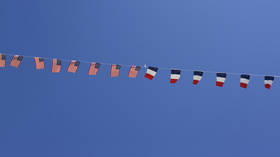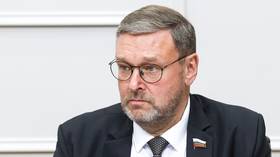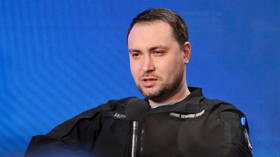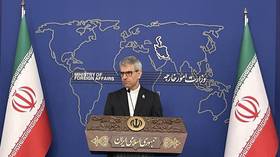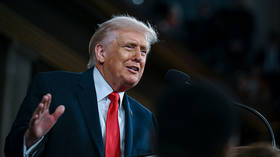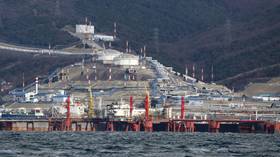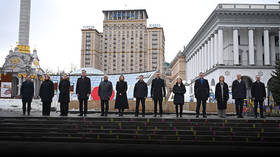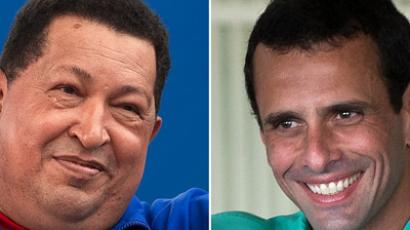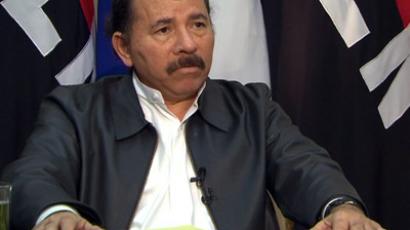Bolivia slams US over 'irrefutable evidence' of meddling
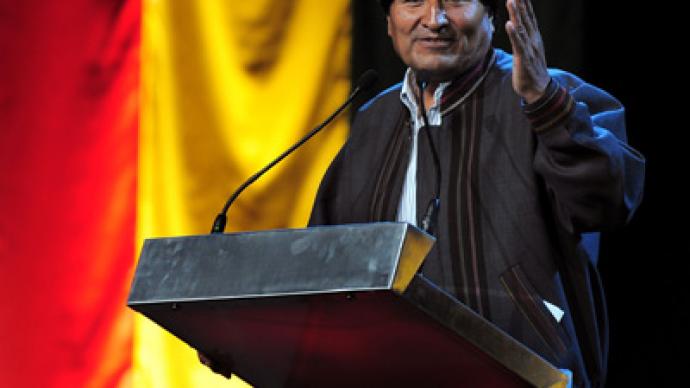
Bolivia has “concrete evidence” that the US is plotting to destabilize the Latin American nation, Minister Juan Ramon Quintana said. Proof of US “harassment” of the Bolivian government will be handed over to President Obama, he added.
The Bolivian government is “scrupulously following” US activity in Bolivia, Minister for the Bolivian Presidency Quintana said in a press conference“There is so much evidence to hand over to the President of the USA to say to him: Stop harassing the Bolivian government, stop politically cornering and ambushing us!” Quintana stressed. He added that investigations into drug-trafficking and human rights abuses would reveal a “permanent battle” waged by the US to impede progress in Bolivia. “In the offensive against the government there are no visible subjects… What we’re seeing are the political machinations of the US Embassy,” which seeks to damage the image of the Bolivian government, Quintana said.The country's US ambassador was ejected in 2008 after being accused of plotting against the Bolivian government by President Evo Morales. The US quickly followed suit, removing its Bolivian ambassador. A charge d’affaires now heads the American Embassy in La Paz; both nations signed a deal in 2011 that would pave the way for the reinstatement of the ambassadors. However, diplomatic relations between the two countries have yet to be normalized.Larry Mermmot, the US diplomatic representative in La Paz, said that he was confident that 2013 would see the ambassadors restored in both countries.A significant bone of contention in these tensions is drug-trafficking in Bolivia. A damning report released by the American government last year ranking Bolivia, along with Venezuela and Burma, as “failing demonstrably during the previous 12 months to adhere to their obligations under international counternarcotics agreements."President Morales denied the findings, accusing the US of hypocrisy and calling the illicit drugs trade with Latin America the US’ “best business.”
A thorn in the US’ side
Bolivia has been a thorn in the US’ side because of its anti-neoliberal and anti-imperialist policies, pioneered by President Evo Morales; the US also could not permit challenges to its policies in the heart of Latin America, Minister Quintana said in an interview with state radio station El Pueblo.“What we have been fighting since 2006 and what we will continue to fight is a war against Bolivian progress,” he said, adding that the political objective of the US was to dismantle the “process of rebellion” by any means necessary.Bolivia is currently led by Evo Morales, the country’s first indigenous leader, who is a close ally of Venezuelan President Hugo Chavez and Ecuadorian President Rafael Correa. The three leaders are known for their anti-American rhetoric, and have often been critical of what they criticize as the US overstepping its authority in Latin America.Ecuadorian President Correa spoke out over the weekend, voicing concerns of a possible CIA plot to remove him in the run-up to governmental elections in February. He cited a report written by a Chilean journalist, which described an alleged US plot to destabilize the region.


